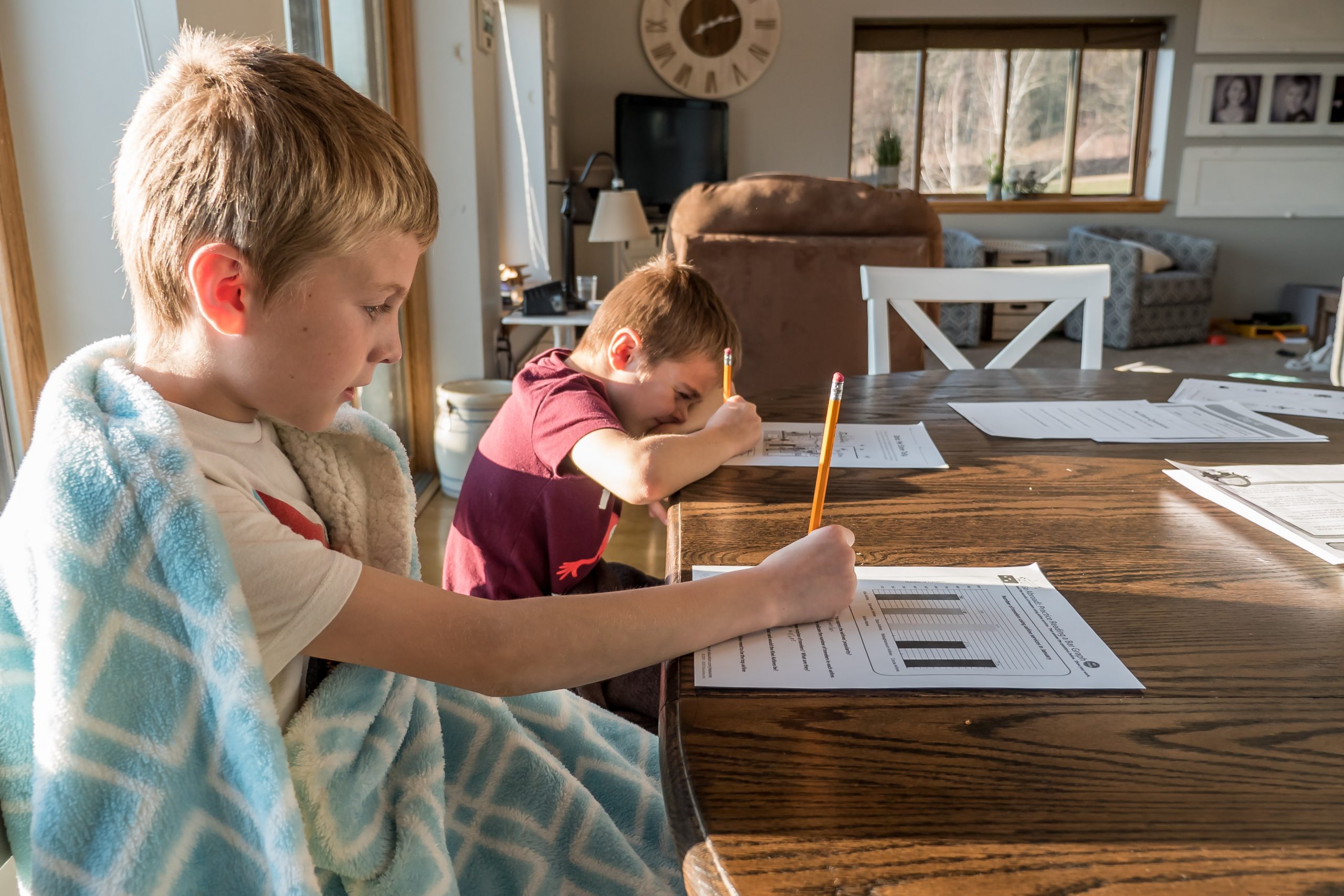

Hi! Thanks again for sharing your homeschool questions with me! In these Homeschool AMA posts, I’m sharing with you some of the great research I’ve had fun with while writing Everything You Need to Know About Homeschooling! For several weeks, I’m answering YOUR questions. Got something on your mind? Catch me on Facebook, join my email list, (where I share so much more real-life stuff!) or contact me here. Whatever you want. I can’t wait to talk with you personally!
Here’s today’s question:
How to homeschool special needs children? Specifically, those with dyscalculia, ADHD, APD or dyslexia. What are curriculum suggestions? To diagnose or not to diagnose? Where and how?
— Cathy, via email
This is a difficult question. I spent quite a bit of time researching and interviewing for my chapter on special needs and gifted students. I’m going to tell you one thing: I learned a lot.
I think the most important place to start is with the child herself.
- How is she growing?
- Has she continued to make progress at her own rate over time?
- How does her physical development compare with the large range of acceptable norms?
- How does her intellectual development also compare with the large range of norms?
- How comfortable is she with her own learning and development?
- What about her development bothers you: her stage compared to that of others, the difference between her and her siblings, what grade level work she is doing?
- Is this a fairly new development, or has she struggled over a prolonged period of time?
I think all of these and other considerations need to be thought through before rushing to judgment.
Another concern I had while working on Everything You Need to Know About Homeschooling is that most of us don’t fully appreciate how broad “normal” can be. Within physical and intellectual and character development, there is a general path of development, but every child goes at his own pace. There are frequent plateaus, a few growth spurts, and a lot of zig-zags through growth. This is a key tenet of homeschooling: no child is standardized.
But some children have very real needs. How do we know? And then what do we do?
First of all, we take a deep breath and pray.
Secondly, we seek to appreciate the broad range of child development (the numerous growth and developmental outlines in my book will really help with that).
Thirdly, we work gently with our children to help them overcome momentary difficulties (the moment might last a year, so there’s that).
Fourthly, we go with our gut. If something seems a little off, we ask for help. A pediatrician is an excellent place to start because we don’t often appreciate enough that learning is a physical activity. Besides a great check-up, the pediatrician can also give another perspective on the child’s overall development. And of course, the doctor will have some great suggestions for other experts.
Next, we might seek an evaluation. There is likely a learning center right down the street from you. Some public school systems may do a free evaluation. Your pediatrician would have information on others.
Finally, we get help if we need it. This is where we need to be flexible homeschoolers. We can get tutors, we can join a co-op, we can hire therapists, we have so many tools at our disposal.
When it comes to individual diagnosis, I don’t have time to talk about it all today. There are many things you can do to support your child and to ease learning. The magic of homeschooling is just that: meeting your child’s needs right where he is.
Have you homeschooled a special needs student? How did you get him diagnosed?
Share with us in the comments!
I really do go into much more detail on special needs and specially gifted students in my book Everything You Need to Know About Homeschooling. It’s my prayer that will give you comfort that you are on the right path.
Do you have a question? Be sure to comment below, message me on Facebook, or use my comment form. I would LOVE to hear from you!
Your friend,
Lea Ann


Leave a Reply